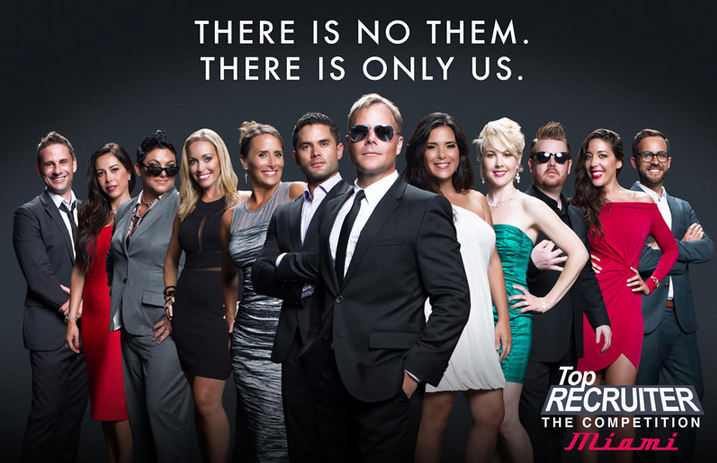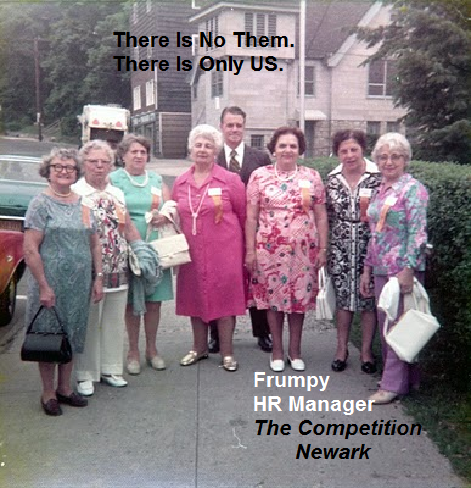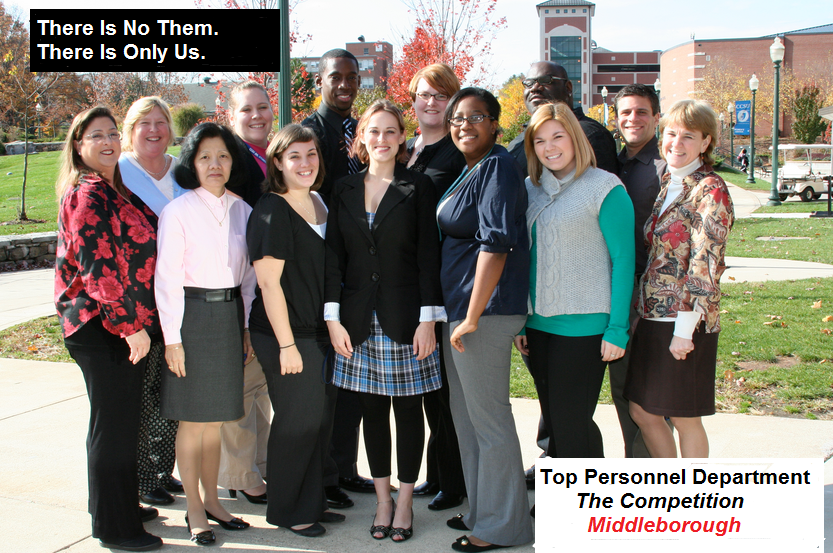Well, it had to happen, unlimited vacation policies have jumped the shark! Billionaire Richard Branson announced this week his company, Virgin Group, would begin offering unlimited vacation to all corporate employees. Here’s a statement from Richard:
“Take a holiday whenever you want. Take as much holiday as you want. We’re not going to keep a check on how much holiday you take,” he said in a CNN interview…”Treat people as human beings, give them that flexibility and I don’t think they’ll abuse it. And they’ll get the job done,”
Here’s what Richard knows, it’s been proven time and again, study after study, that companies that implement unlimited vacation policies actually show a decrease in vacation time used, not an increase! He’s not making a decision based on people, he’s making a decision based on business. That’s how you become a billionaire, and not a thousandaire!
One other issue I have with the announcement, is him saying ‘we’re not going to be checking”. Really!? You aren’t going to have anyone checking who and how much vacation is being used. What if you have some employees not using any vacation at all? Isn’t that a problem? Shouldn’t someone be ‘checking’ on this?
Let’s face it, unlimited vacation day policies were garbage the moment companies discovered that the psychology of these policies was causing their employees to actually take less time off, not more time.
We all write and design policies we think will have benefit to our employees and the organization. It’s a balancing act. As soon as you come out publicly with a policy and state it’s a ‘benefit’ to your employees, when you know it isn’t a ‘benefit’ to your employees, you lose credibility.
The design of unlimited vacation policies were broken to begin with, but we got sucked into the dream of taking every Friday off, and taking a 3 week holiday in the summer to some island. Then reality kick us in the teeth and we realized what would actually happen if we tried doing something like that. It’s hard enough to use the time you had given to you previously, and your leadership team made your employees feel like crap when they did have to use it.
Unlimited time off was designed to be trap. Let’s see which poor sucker will actually try and use it, and then we know which person is least engaged and not fully on the bus! No one will say this, because the companies using these policies think they’re saving the world one stupid app at a time.
The reality of most work environment is you are hired to do a specific job. When you are not there that job doesn’t get done, or at the very least gets put on hold for the period of time you’re gone. So, you, taking off all this wonderful vacation time, only means your job really doesn’t get done. This becomes a performance issue, and/or a resource issue, since now we have to hire someone else to pick up your slack while you’re out on ‘holiday’.
How long do you think you’ll keep your wonderful job, with unlimited vacation, when your organization is having to bring in other people to do the job you are supposed to be doing?
Yep. Not long.
What’s a better alternative?
Design the amount of time off around business needs. I’m in the Midwest, most companies are a ghost town between December 23 and January 2 or so, depending on the calendar. They are also empty Thanksgiving weekend. Throw in a few days around July 4th, and a week for spring break, and you have almost 3 full weeks of vacation time. Your employees now have sick time, doctors and dentists appointments, a day here or there for personal business (banking, family, etc.), there goes another week. How about a real vacation? You know the kind where you sit at home with a list of a thousand things to do, but spend four days watching Netflix! Now, we’re at 5 weeks.
5 weeks of total time off, probably works for about 99% of people in the world. Anymore and it’s hard to actually do your job.



